By Paul Ejime
In a catastrophic end to his third-term project, President Macky Sall announced in July 2023 that he would not seek re-election in February 2024, and many thought he had learnt from history.
But the ambiguity of his press conference late Thursday (23rd February 2024), has cast further doubts on the date for the country’s crucial presidential election, which he had unilaterally postponed.
It would appear that the embattled president is still bent on testing the resolve of his angry compatriots.
Teranga in the Senegalese language Wolof means “peaceful or welcoming place.”
However, Senegal has been anything but peaceful in the past three years, no thanks to the political ambition of a president, who has spent 12 years in office having previously served as Prime Minister and President/Speaker of the National Assembly.
Once considered the bastion of stability in a politically restive West African region, the country is on the verge of losing its democratic credentials.
Before Sall’s July 2023 climb down, unprecedented street protests in June had killed at least 16 people following the jailing of opposition leader Ousmane Sonko, the arrowhead and nemesis of Sall’s third-term project.
Then came the controversial screening of candidates for the presidential election scheduled for 25th February 2024.
Twenty candidates including two women were approved by the Constitutional Council, but some of the candidates screened out, including Karim Wade, the son of former President Abdoulaye Wade, took their case of corruption allegation against two of the Constitutional Council members to Parliament.
But almost from the blues, Sall unleashed a bombshell of a decree on 3rd February cancelling the 25 February election without setting any new dates for the vote.
A macabre drama, similar to the 6th of January 2021 invasion of the Capitol (Congress building) in Washington, was re-enacted in Senegal on the 5th of February 2024, with paramilitary gendarmes storming the parliamentary chambers in Dakar to eject some opposition MPs, to clear the way for the passage of a controversial law, postponing the presidential election to December 2024.
A fresh round of street protests ensued with at least three deaths, before the Constitutional Council nullified both the presidential decree and law on the 15th of February..
ECOWAS, the regional economic bloc, along with the European Union and indeed, the international community rejected the degree and the controversial law.
They urged Senegalese authorities to respect the country’s electoral calendar and constitutional provisions which stipulates that Sall’s mandate ends on the 2nd of April 2024.
In his response, President Sall took note of the Constitutional Council’s decisions and promised to consult with stakeholders to fix a new date for the presidential vote.
But in his press interview on Thursday, Sall still left everyone guessing. In one breath he said his presidential term would not last beyond 2nd of April 2024, but still casts doubts on the date for the election.
Much more confusing was his reference to a Constitutional provision he says requires an outgoing president to handover to a newly elected one.
Curious observers are wondering if Sall really intends to leave power, even when Senegal’s Constitution is unambiguous that in the absence of the president of the Republic, the President/Speaker of Parliament will assume the presidency.
There are indications that the president still has some surprises up his sleeve for the Teranga nation.
“On April 2, 2024, my mission ends as the head of Senegal,” the president said, seemingly indicating that he would not stay in office beyond the 2nd of April.
“As far as the date (for the presidential election) is concerned, we’ll see what the dialogue comes up with,” he added during a televised press interview.
“The election can be held before or after April 2,” he said, but when pressed, he said he did not think the election would be possible before April 2.
As a gesture of appeasement, Sall has promised to free dozens of political prisoners including Sonko and another opposition leader Bassirou Faye.
But social and political tensions are simmering in Senegal and the animosity generated by his alleged refusal to receive the Chairman of the ECOWAS Authority and Nigerian President Bola Tinubu, who reportedly cancelled his planned peace mission to Senegal can only fuel the political uncertainty in the country and the ECOWAS region.
Sixteen of the 20 presidential candidates cleared by the Constitutional Council have rejected Sall’s invitation to the dialogue he called for Monday and Tuesday to fix a new date for the presidential election.
Like the dissenting political coalitions, many civil society organisations have also rejected his invitation to the dialogue, and instead called for a protest march, claiming the dialogue is a ploy by the president for tenure elongation after the illegal postponement of the presidential vote which the opposition called a “constitutional coup.”
The Constitutional Council, which has the final say on election matters, would be expected to step in again should the stakeholders fail to reach an agreement on the date for the presidential vote.
The situation in Senegal only compounds the problems for ECOWAS, whose leaders are meeting in Abuja on Saturday with the decision of three of its member States – Mali, Burkina Faso and Niger – to withdraw from the regional bloc high on the agenda.
The three and a fourth country, Guinea, are under military dictatorships and ECOWAS is struggling to restore constitutional order through reasonable transition programmes in the wayward countries.
The summit is expected to heed the public appeal for the lifting of ECOWAS sanctions on the four countries by General Yakubu Gowon, one of the ECOWAS founding fathers.
The regional leaders are also expected to discuss the situation in Senegal, unless the country’s delegation manages to knock the issue off the agenda, like they did during the recent extraordinary Ministerial summit of the ECOWAS Mediation and Security Council.
*Ejime, an Author, is a Global Affairs Analyst and Consultant on Peace & Security and Governance Communications











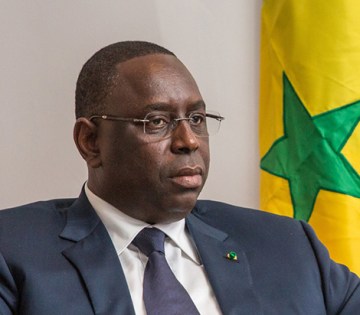

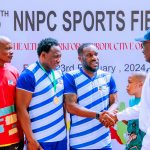
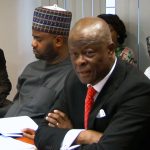






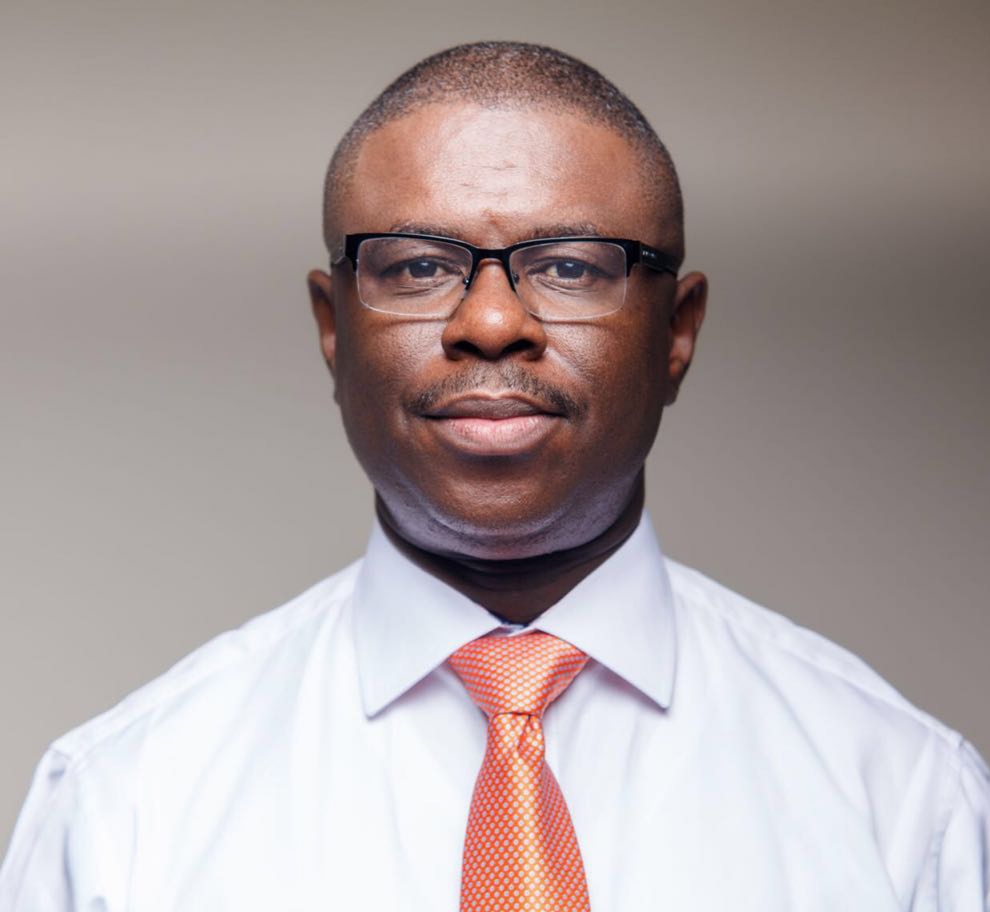

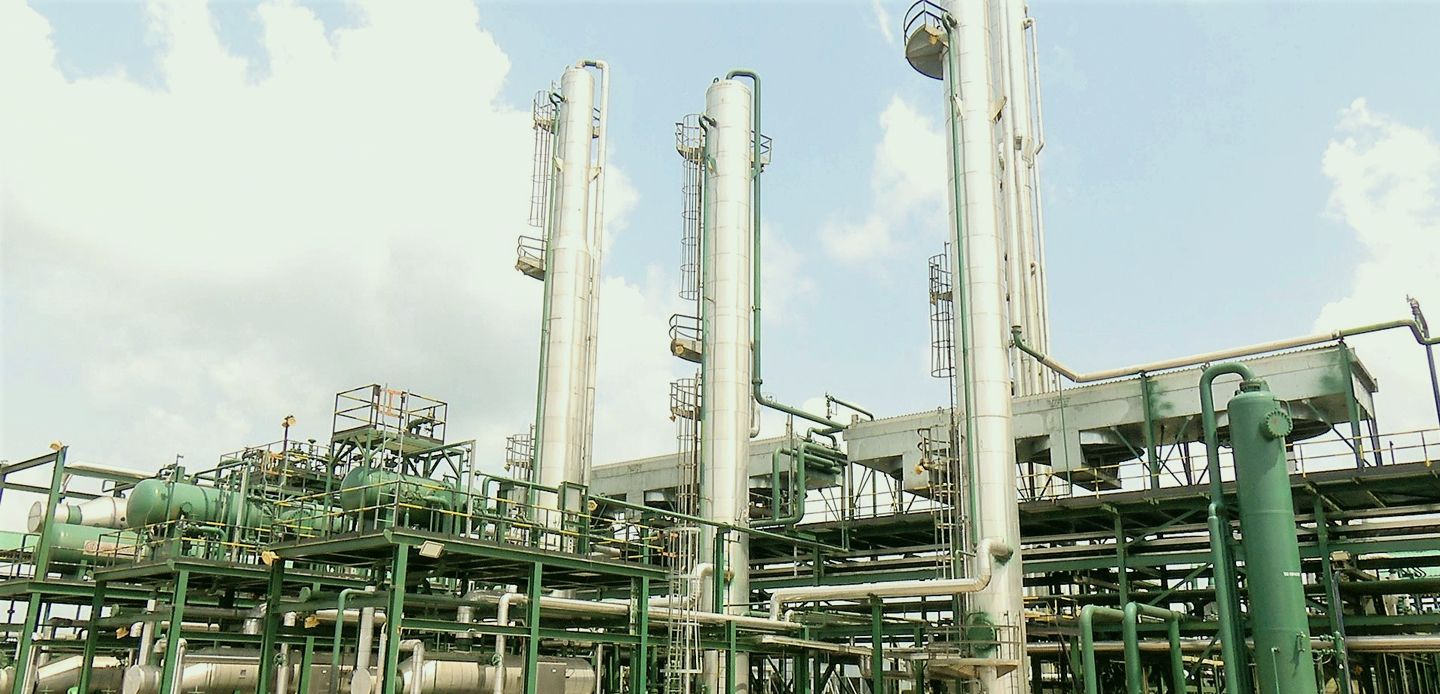
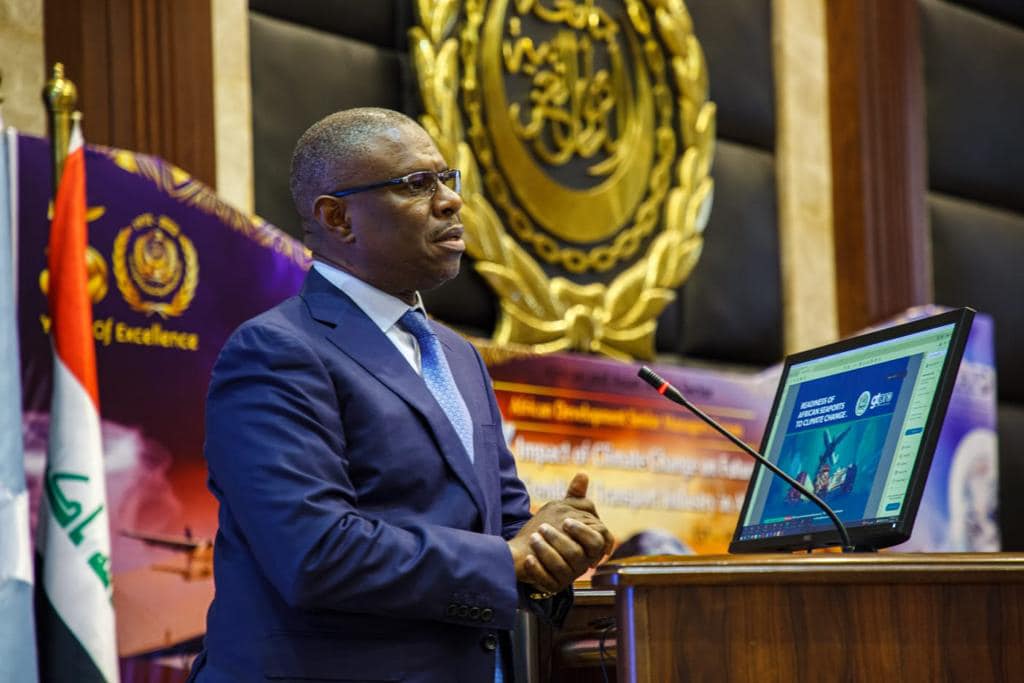

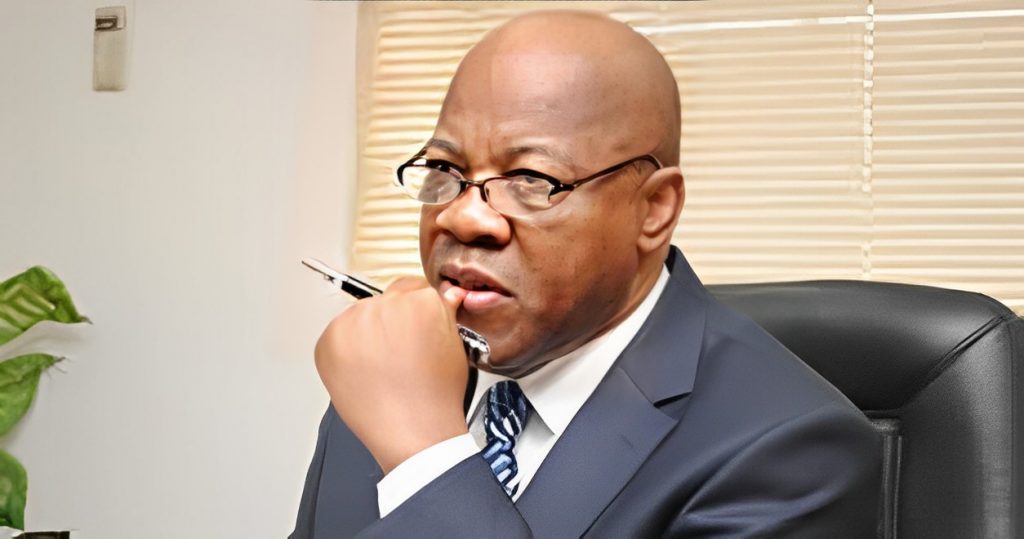
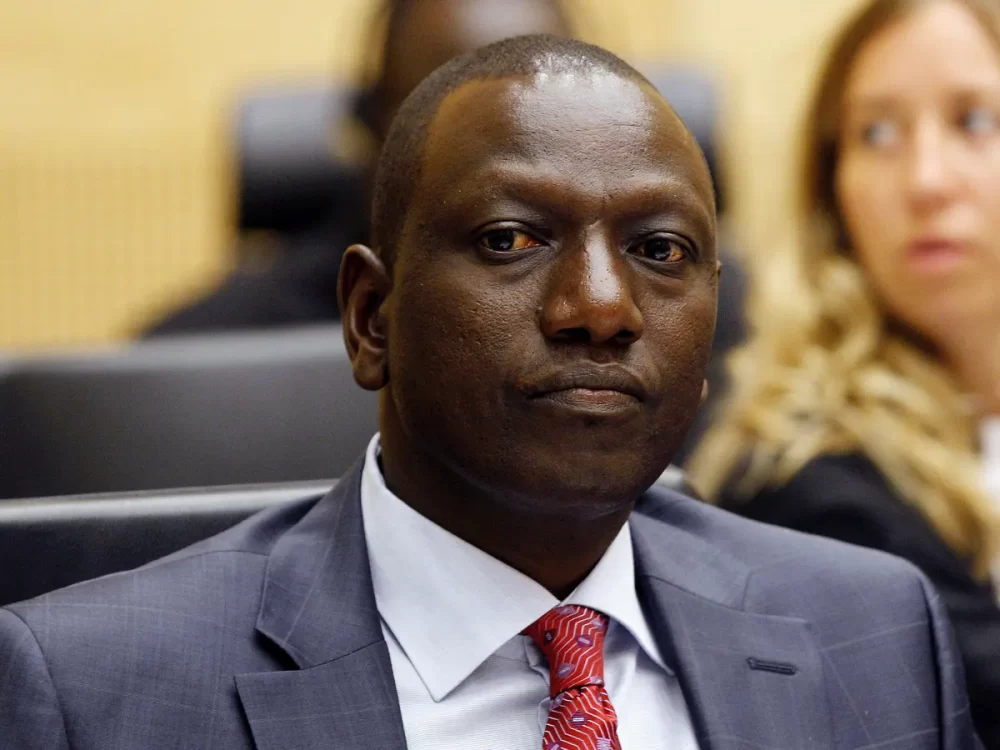
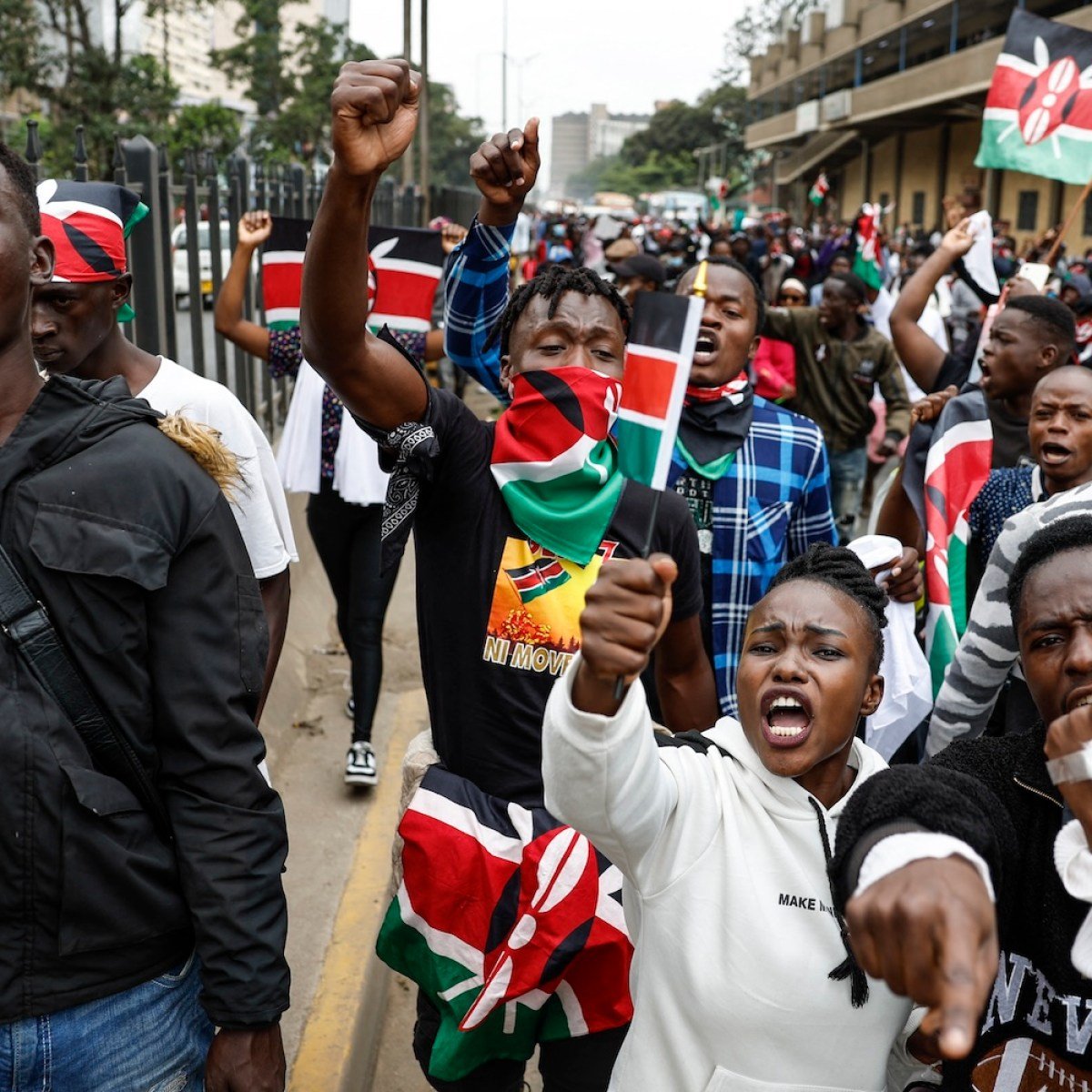


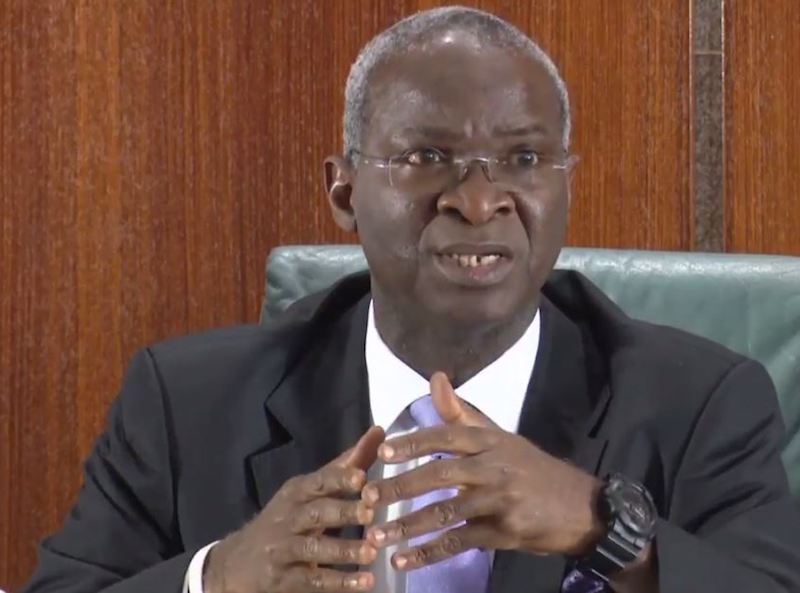
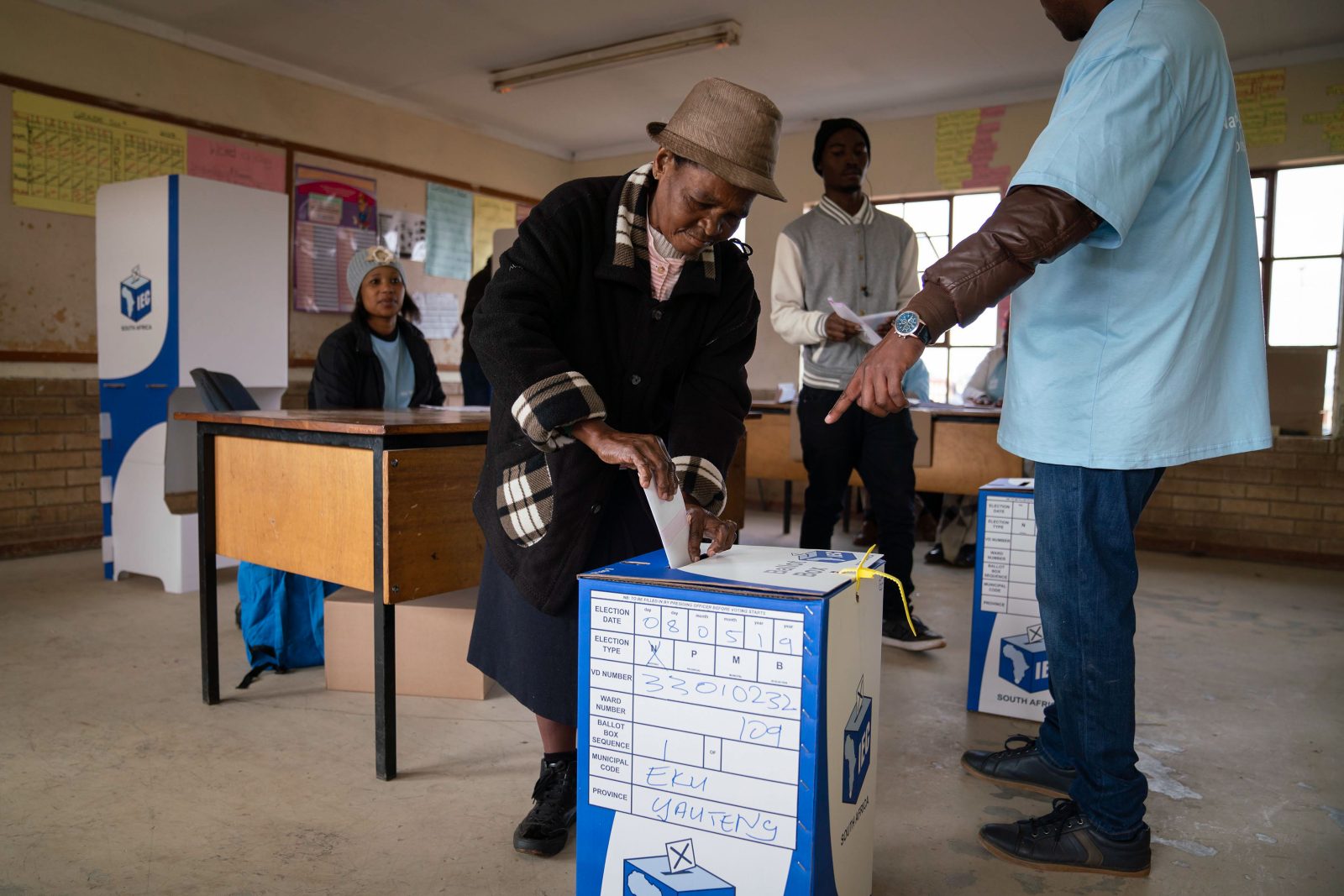

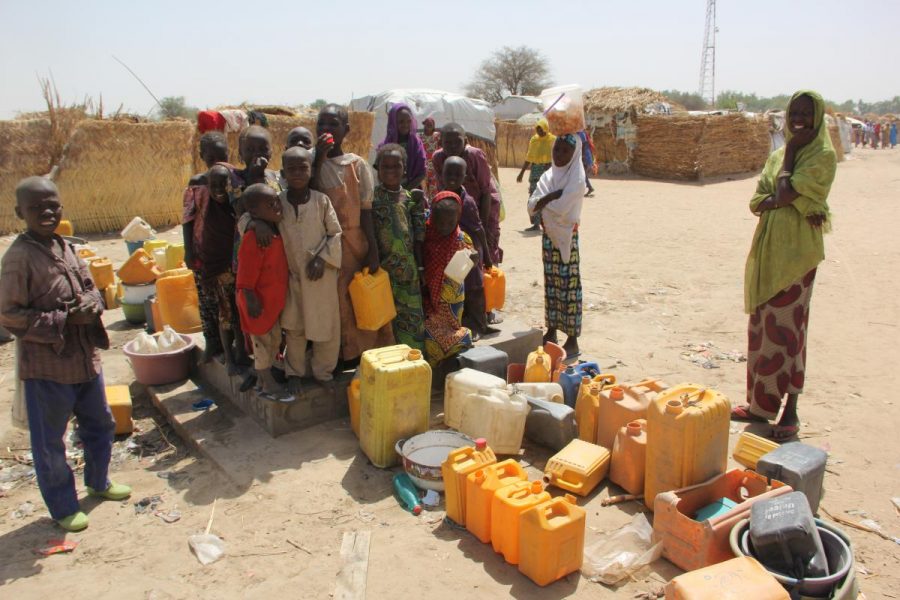
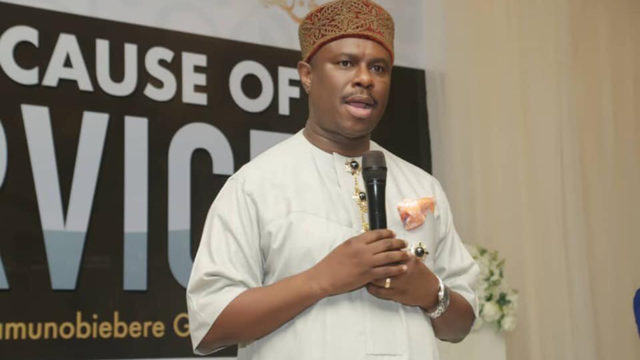
Leave a comment